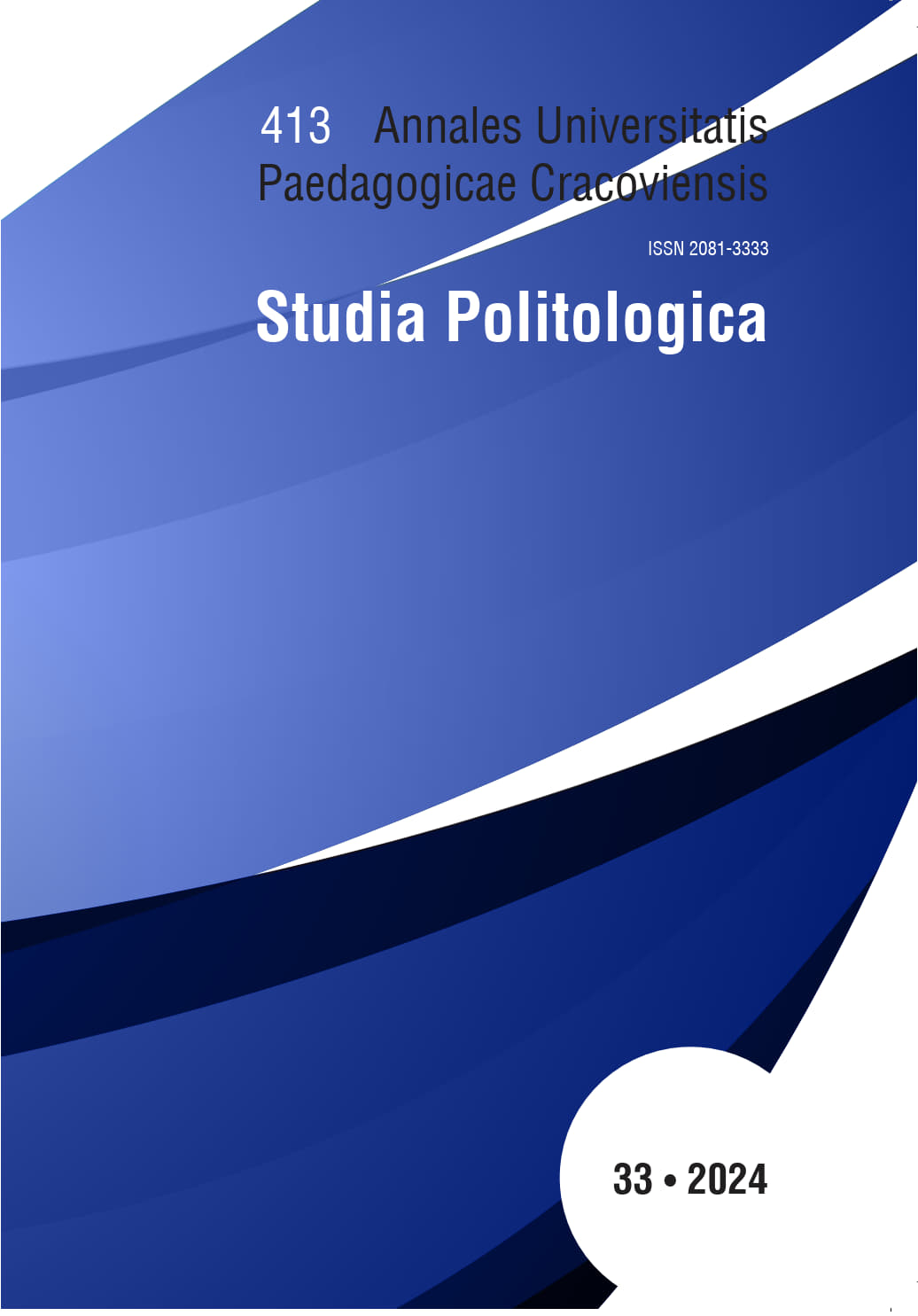Kształtowanie relacji państwo-Kościół w Królestwie Danii. Analiza modelu Kościoła ludowego i jego implikacje dla współczesnej polityki wyznaniowej
Shaping State–Church Relations in the Kingdom of Denmark: An Analysis of the Folk Church Model and Its Implications for Contemporary Religious Policy
DOI:
https://doi.org/10.24917/20813333.33.11Keywords:
Kościół narodowy, reformacja, Dania, tolerancja, polityka religijna, national church, Reformation, Denmark, tolerance, religious policyAbstract
Artykuł analizuje relacje między państwem a Kościołem w Danii, koncentrując się na statusie konstytucyjnym Kościoła Ewangelicko-Luterańskiego i jego wpływie na współczesną politykę religijną. Analizuje unikatowe połączenie tradycyjnych więzi państwo-kościół z nowoczesnymi zasadami wolności religijnej, uwzględniając perspektywy historyczne, kulturowe i prawne. Porównuje również model duński z modelami innych krajów nordyckich, omawiając integrację Kościoła i państwa oraz ewoluującą rolę monarchii w kształtowaniu polityki religijnej. Ponadto porusza wyzwania związane z tolerancją religijną i tożsamością narodową we współczesnej Danii.
The article examines the relationship between the state and the church in Denmark, focusing on the constitutional status of the Evangelical Lutheran Church and its influence on contemporary religious policy. It analyzes the unique combination of traditional church–state ties and modern principles of religious freedom, taking into account historical, cultural, and legal perspectives. The article also compares the Danish model with those of other Nordic countries, discussing the integration of church and state and the evolving role of the monarchy in shaping religious policy. Furthermore, it addresses the challenges of religious tolerance and national identity in contemporary Denmark.
Downloads
Published
Issue
Section
License
Redakcja przyjmuje do druku teksty oryginalne, wcześniej niepublikowane. Treść czasopisma jest dostępna na licencji Creative Commons (CC-BY-NC-ND 3.0 PL)
Licencja ta zezwala na wykorzystanie materiałów opublikowanych w czasopiśmie w celach niekomercyjnych np. komentarza, krytyki, informacji, archiwizacji, nauczania lub prowadzenia badań, z poszanowaniem aktualnie obowiązującego prawa autorskiego (ustawa z dnia 4 lutego 1994 r. o prawie autorskim i prawach pokrewnych Dz.U. 1994 nr 24 poz. 83 z poźn. zm.). Zgodnie z wymogami licencji, konieczne jest dokładne podanie źródła cytowania lub parafrazowania oraz zachowanie tekstu w oryginalnej postaci (zakaz tworzenia utworów zależnych).

